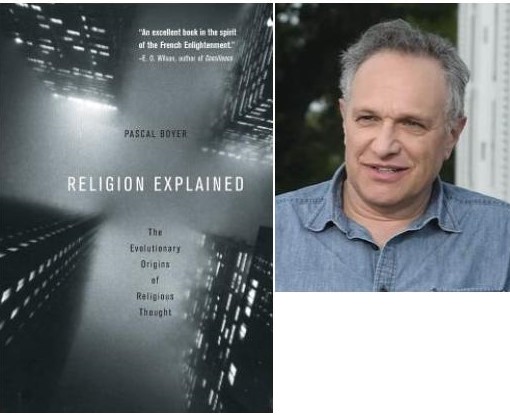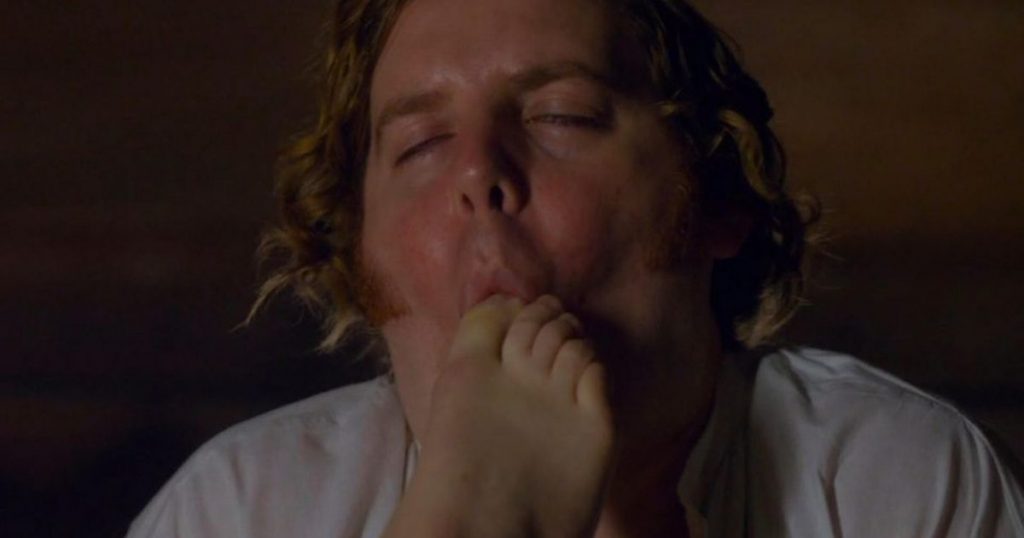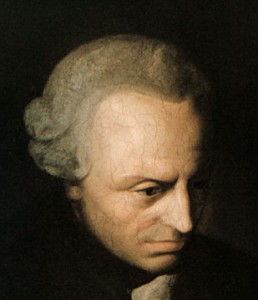It’s all about cooperation, being the uber-social mammals that we are:
Studies led by my colleague Oliver Scott Curry have shown that much of human morality is rooted in a single preoccupation: cooperation. More specifically, seven principles of cooperation are judged to be morally good everywhere and form the bedrock of a universal moral compass. Those seven principles are:
- help your kin,
- be loyal to your group,
- reciprocate favours,
- be courageous,
- defer to superiors,
- share things fairly,
- and respect other people’s property.
39 De Waal, Good Natured: The Origins of Right and Wrong in Humans and Other Animals;
Dugatkin, Cooperation Among Animals: An Evolutionary Perspective
This new idea was quite a big deal because up until then it seemed quite reasonable to assert – as cultural relativists have always done – that there are no moral universals, and each society has therefore had to come up with its own unique moral compass. As I will explain, this is not the case. Moreover, the same seven principles of cooperation on which these moral ideas are based are found in a wide range of social species and are not unique to human beings.39 These moral intuitions evolved because of their benefits for survival and reproduction. Genetic mutations favouring cooperative behaviours in the ancestors of social species, such as humans, conferred a reproductive advantage on the organisms adopting them, with the result that more copies of those genes survived and spread in ensuing generations. Take the principle that we should care for (and avoid harm to) members of our family. This moral imperative likely evolved via the mechanism of ‘kin selection’, which ensures that we behave in ways that increase the chances of our genes being passed on by endeavouring to help our close genetic relatives to stay alive and produce offspring. Loyalty to group, on the other hand, evolves in social species that do better when acting in a coordinated way rather than independently. Reciprocity (the idea that I’ll scratch your back if you scratch mine) leads to benefits that selfish action alone cannot accomplish. And deference to superiors is another way of staying alive, in this case by allocating positions of dominance or submission in a coordinated fashion rather than both parties fighting to the death.
The theory of ‘morality as cooperation’ proposes that these seven principles of cooperation together comprise the essence of moral thinking everywhere. Ultimately, every human action that prompts a moral judgement can be directly traced to a transgression against one or more of these cooperative principles.
Whitehouse, Harvey. Inheritance (pp. 66-67). Cornerstone. Kindle Edition. (my formatting)
Universal Morality
That’s the theory. What follows is a description of an “unprecedented study” to test the hypothesis that these seven principles are indeed universal. Harvey Whitehouse and his colleagues took sixty societies that had been extensively studied by anthropologists:
To qualify for inclusion, each society had to have been the subject of at least 1,200 pages of descriptive data pertaining to its cultural system. It must also have been studied by at least one professionally trained anthropologist based on at least one year of immersive fieldwork utilizing a working knowledge of the language used locally. The sample of societies was selected to maximize diversity and minimize the likelihood that cultural groups had adopted their moral beliefs from one another. They were drawn from six major world regions: Sub-Saharan Africa, Circum-Mediterranean, East Eurasia, Insular Pacific, North America, and South America.
Whitehouse, Harvey. Inheritance (p. 67). Cornerstone. Kindle Edition.
In 3,460 paragraphs from 400 documents they located the seven principles being judged by each society according to an ethical value.
This produced 962 observed moral judgements of the seven types of cooperative behaviour. In 961 of those instances (99.9 per cent of all cases), the cooperative behaviour was judged morally good. The only exception was on a remote island in Micronesia where stealing openly (rather than covertly) from others was morally endorsed. In this unusual case, however, it seemed to be because this type of stealing involved the (courageous) assertion of social dominance. So, even though this one instance seemed to contradict the rule that you should respect other people’s property, it did so by prioritizing the alternative cooperative principle of bravery.
The main take-home here is that the seven cooperative principles appear to be judged morally good everywhere.
Whitehouse, Harvey. Inheritance (p. 68). Cornerstone. Kindle Edition.












